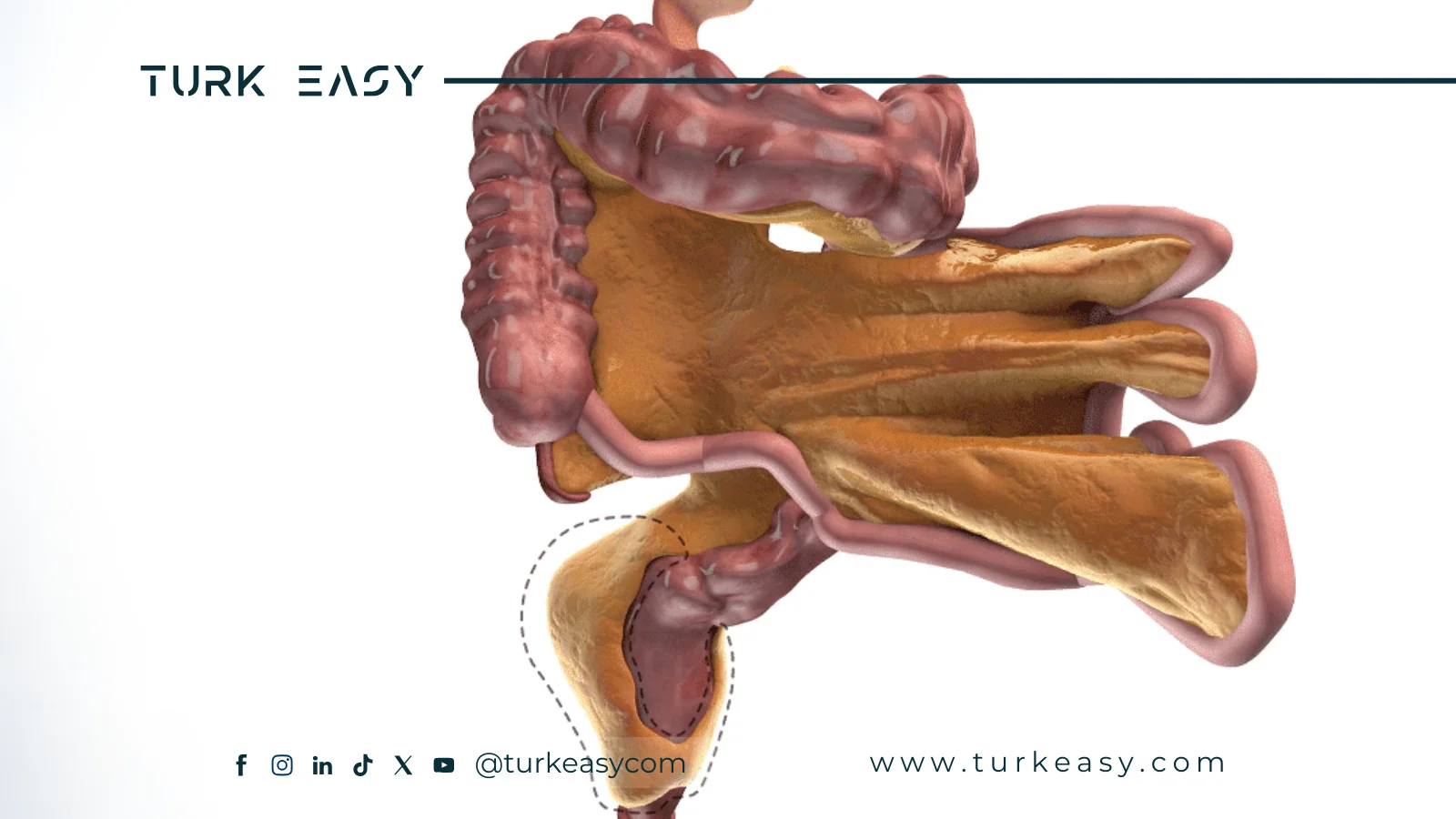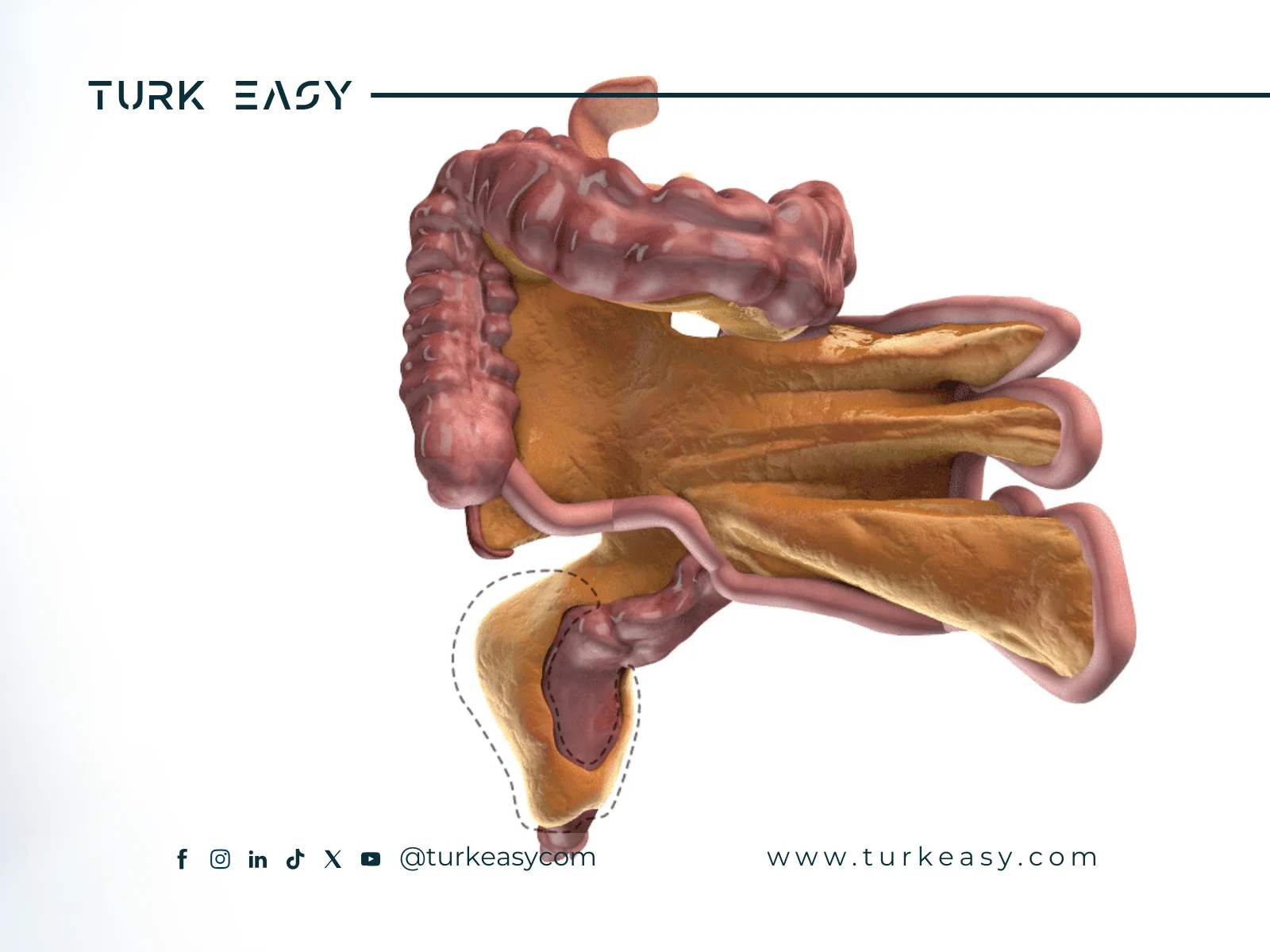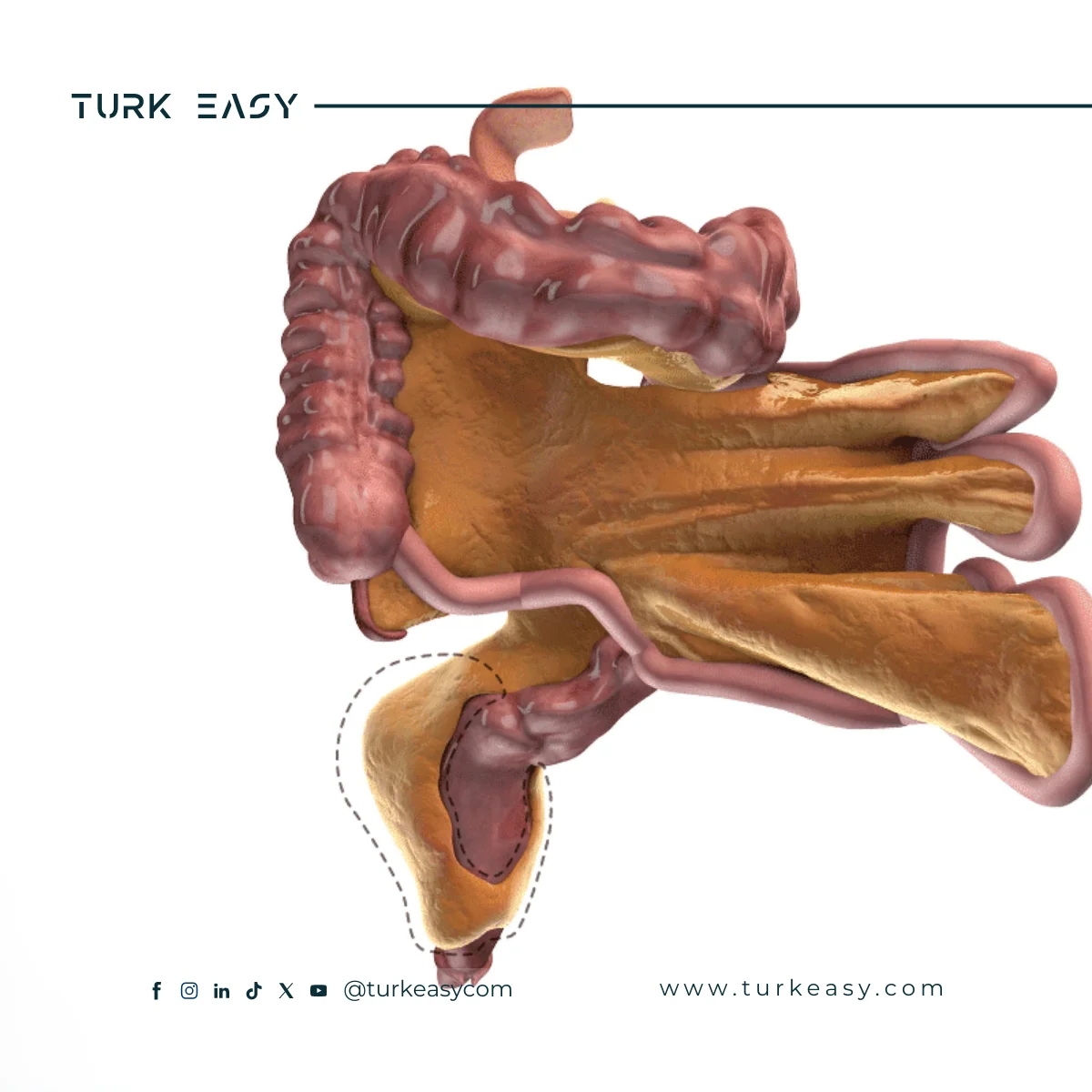Total Mesorectal Excision
Total Mesorectal Excision, also known as Total-Meso Rectal Excision, is a surgery classified as a standard procedure performed for individuals suffering from colon cancer and rectal cancer. It was first discovered by a professor named Bill Heald in 1982. In this surgery, a portion of the intestines surrounding the tumor is removed, along with the surrounding tissues up to the level between the rectal mesorectum and the structure known as the fascia propria. This article will cover all the information on how total mesorectal excision occurs.
Rectal Diseases
Sometimes the rectum is affected by various diseases, which naturally affect its function. Therefore, total mesorectal excision may occur. Among the prominent diseases are:
- Stool Incontinence: Causes a lack of control over bowel movements, resulting in fecal leakage.
- Abscesses: Occurs mostly in the rectum itself or near or inside the anal opening.
- Hemorrhoids: Are varicose veins that appear in the rectum or anal opening.
Rectal Excision Procedure
Rectal excision surgery is considered the optimal solution to permanently eliminate rectal cancer. Rectal excision is performed through two closely related types of surgeries:
- Rectal Path Diversion Surgery: This procedure may be temporary or permanent, depending on the condition of the tumor and other factors.
- Permanent Rectal Path Diversion: Surgeons often resort to this type of operation when the tumor is close to the anal opening.



